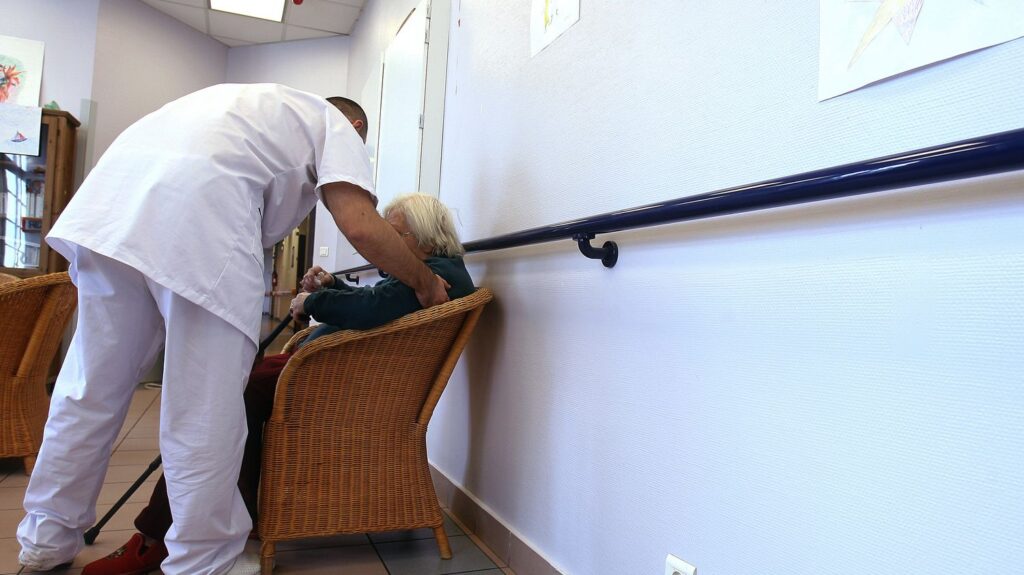After four months of consultations, the “conclave” of pensions finally ended in a “failure” on Monday evening. Among the key points: taking into account arduousness.
/2023/07/07/64a7df4c5fe71_placeholder-36b69ec8.png)
Published
Reading time: 3min
/2021/01/08/phpv8K9pS.jpg)
And now, what about pension reform? After the failure of the “conclave” on Monday, June 23, negotiations around the age of departure at 64 remain unanswered. One of the main blockages: repairing arduousness for certain trades.
Since 2017, mechanical vibrations, exposure to risks, but also wearing heavy loads and painful postures have thus been removed from the list of arduousness criteria which allow to take an early retirement.
However, this consideration is notably claimed by certain professions, such as nursing assistants. Shana, for example, saw her health deteriorate after 20 years of profession: “Since 2009, I had three hernia discs. In 20 years, I took 30 kilos! I have tension, others have developed diabetes … From 30 years already, you are all stuck and the retirement is very far”Regrets this nursing assistant in a Val-de-Marne retirement home.
Repetitive movements, uncomfortable postures … Even if there are devices to wear certain residents, the profession remains very physical. “There are rooms that are not arranged, so we are forced to lift them physically, Describes Alicia, who has been working for 22 years in a nursing home, in Noisy-le-Grand, in Seine-Saint-Denis. If the resident falls, if he has a problem or wants to go to the toilet, we try to do their maximum so that they keep their autonomy, but you still have to accompany them. It’s always an effort to make “she breathes.
Result: many caregivers throw in the towel before retirement, deplores Bosco, caregiver in Essonne. “Many of our comrades abandon. At 60, many are tired, have kidney sore, there are accidents, handicaps …” And the CFDT delegate to add: “We believe that we must take this arduousness into account for us to retire a little earlier than the others.”
Decrease in staff, pathologies of residents that worsen … Today, 90% of nursing homes are in difficulty, according to Force Ouvrière. Enough to suggest a retraining for some, like Warda, a caregiver in Paris for twenty years.
“Even if I like my job, my body lets go.”
Warda, caregiver in Parisin franceinfo
And Warda to reluctantly entrust: “What are we going to do afterwards? We don’t know, because it’s my first choice … I chose my job, I was not imposed on me. To find another job is complicated.”
Alicia insists: with these consultations on pensions, the future of the profession is played out. “Young people now no longer want to come and do this job because they realize that it is difficult. We must encourage them to come: we need them to take care of the elderly. The population is increasingly aging, we need young people! It is important to take this arduousness into account”she defends. A job that “clearly lacking in recognition“, Slide these professionals.


